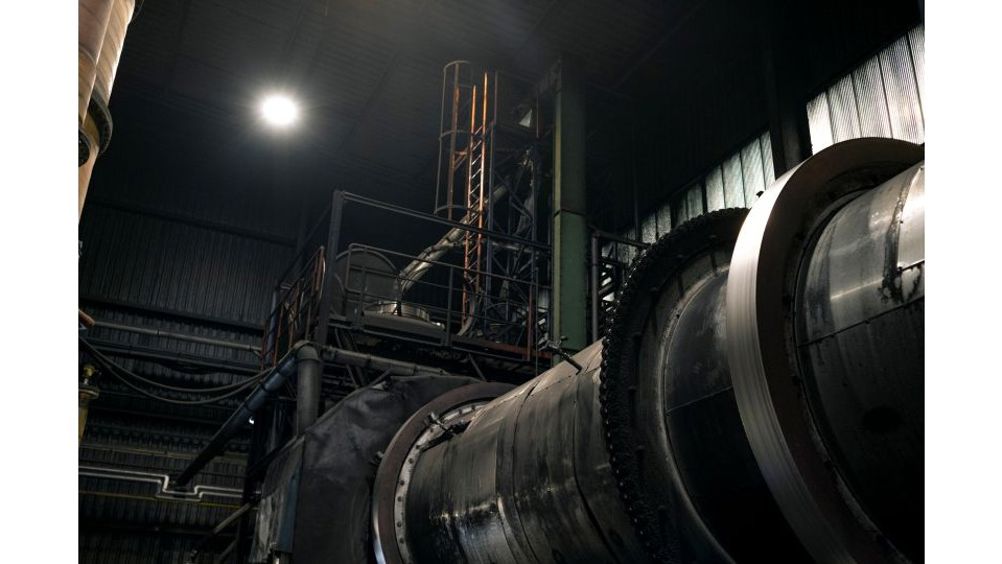In recent years, PFAS has become a hot topic globally, with the filtration industry and the general public becoming increasingly aware of these chemicals, their seemingly ubiquitous presence, and their negative effects on human health and the environment.
PFAS are a group of man-made chemicals which can be found in household items that are grease or waterproof – food packaging, non-stick cookware and waterproof clothing are common examples.
These chemicals are also used widely in industrial deicers in airports and in fire-fighting foam.
Health issues
Such widespread use has seen PFAS, often called ‘forever chemicals’ because they are so difficult to break down, make their way into water supplies.
Several studies have shown PFAS in human blood, placentas, and breastmilk across the globe, and in the waters of remote locations, including the Arctic, too.
With proven links to various health issues such as hormone disruption, fertility problems, and developmental delays in children, it is imperative that these chemicals are removed from the water supply and that their consumption is minimized as much as possible.
Authorities throughout the world are continually making updates to related legislation, whether that be introducing brand new limits or lowering current ones.
Solutions
With the serious health implications in mind, alongside the fact that these chemicals are so stable, the solution required must be both effective and comprehensive. Jacobi Group offers a solution based predominantly on activated carbon, but can also provide ion exchange resins that will remove the PFAS that carbon cannot.
The solution to PFAS removal is a fairly traditional one, using mobile filter units loaded with activated carbon to adsorb the PFAS. Jacobi has taken additional steps to expand on this and ensure it can offer a full circle solution that eliminates the problem entirely, rather than simply relocating it.
When activated carbon is saturated in PFAS, the spent carbon is often disposed of, which removes the PFAS from the original site but places it somewhere else, meaning it will need to be removed from another site in the future.

Destroying the PFAS entirely is undoubtedly the preferable option and through reactivation of the spent carbon (using high Jacobi Group is addressing the PFAS issue with multiple treatment approaches and a solution to making water safe sustainably temperatures to reactivate the carbon for reuse), Jacobi can achieve this.
It is important to note that 100% PFAS removal is impossible, however, testing and analysis have shown that this method brings PFAS down to undetectable levels, a considerable improvement in water safety.
This method yields excellent results for customers and lowers the need for virgin carbon, which has a higher global warming potential than reactivated carbon. The cost benefit here is an undeniable advantage for customers too.
With three business units – activated carbon, resins, and services – Jacobi can help at all stages of the process, not simply the supply of carbon. Alongside the product and the mobile filter units that its products are used in, Jacobi’s customers have access to technical support and expertise, testing, troubleshooting, media handling and all the necessary logistical services.
Jacobi’s reactivation plant in Germany is authorized to remove PFAS and recycle the saturated carbon used to treat drinking water as well as for industrial customers looking to treat PFAS contaminated soil or landfill leachate.
About the author
This article was provided by Jacobi Group.
This article first appeared in the February 2025 issue of Filtration+Separation magazine. To read the full issue, click here







